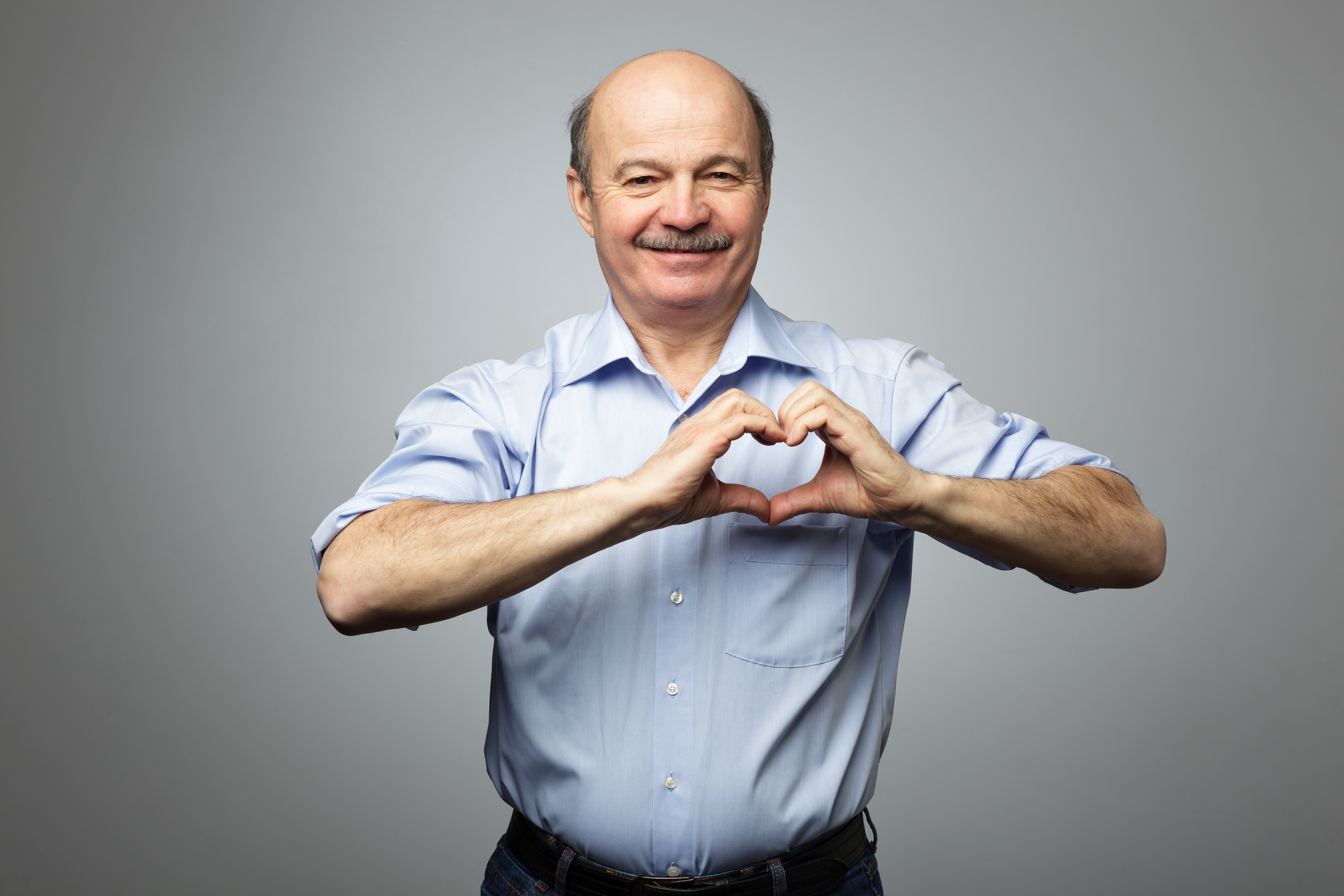January is a month of fresh beginnings, renewed commitments and sometimes important revelations. Older adults may be looking at the years ahead wondering what are the most important things they can do now to help protect their long-term health and improve overall well-being and happiness. Fortunately, a Nova Scotia-based educational initiative, The Fountain of Health, has the tools seniors need to protect health, prevent or delay dementia and improve quality of life.
Developed by Keri-Leigh Cassidy, a professor of geriatric psychiatry at Dalhousie University, the project was launched in 2010 with support from the Centre for Aging and Brain Health Innovations. The initiative focuses on five key actions patients can implement in their daily lives to improve their cognitive, physical, emotional and mental health. By setting attainable goals, older adults are able to make significant gains that protect their long-term health and increase happiness and fulfillment in the present.
Older adults can log into an online app that helps patients set goals and stay accountable. Messages of encouragement help older adults remain motivated to make the small changes in daily activity that add up over time.
Five Things You Can Do to Improve Health and Happiness
- Get moving! Walk, join a fitness class, do strength training or practice balance exercises. Regular activity, at least 30 minutes, 5 times a week, reduces the risk for chronic illness and improves function, quality of sleep and mood. Staying active also lowers the risk for dementia and falls and increases longevity.
- Stay socially active. Isolation and loneliness have a big impact on overall wellbeing. Social interaction improves mood, reduces depression, stress and anxiety and helps cognitive performance.
- Train your brain with mental activity including reading, crosswords or math games. Learning a new skill has been found to be especially beneficial for the aging brain, promoting continued growth and plasticity.
- Keep a positive attitude. By focusing on the positive, older adults are more likely to stay active and engaged, lowering the risk for chronic illness, memory loss and isolation.
- Practice self-care. Take care of your mental health by managing stress, maintaining a healthy diet, getting enough sleep and seeking professional help with ongoing issues concerning anxiety, substance use or mood.






Add Your Voice
0 Comments
Join the Discussion